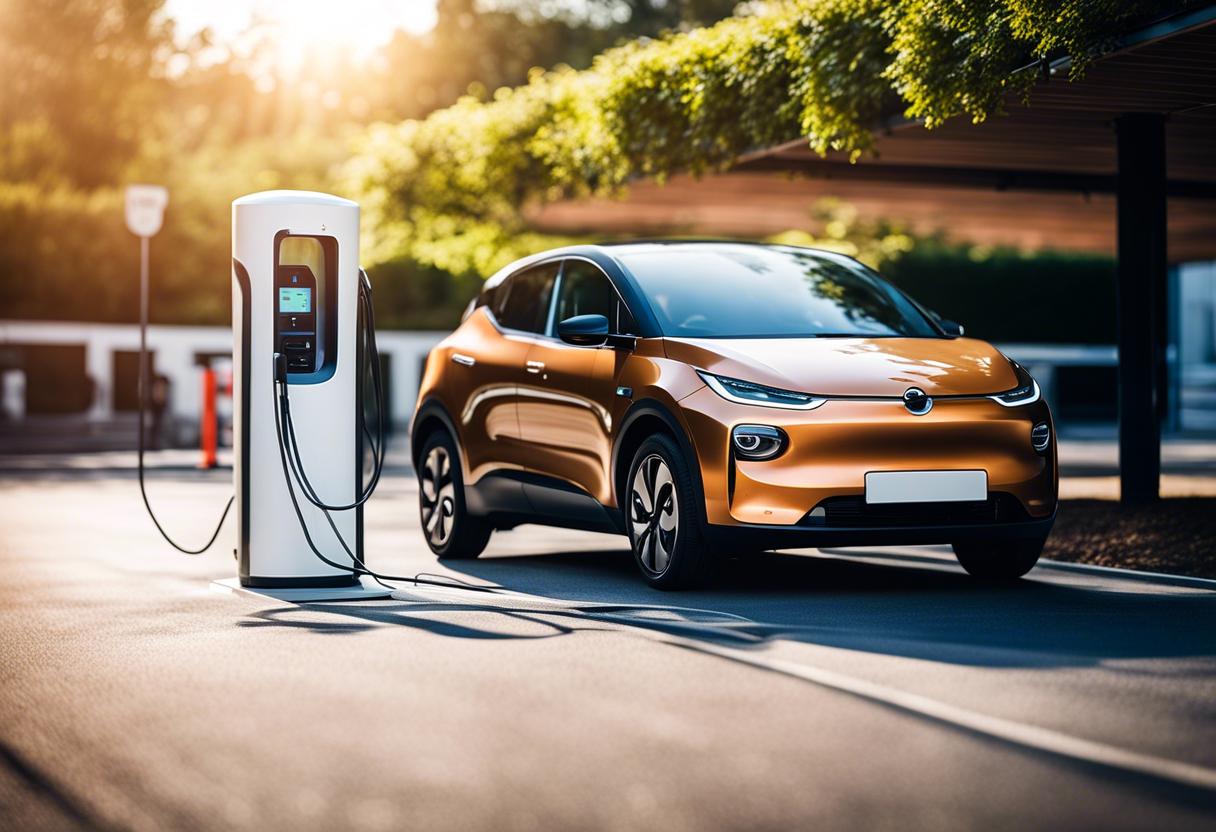CATL, otherwise known as the Contemporary Amperex Technology Co Limited, one of China’s largest battery manufacturers, has recently declared a cutting-edge battery innovation that could dissolve anxieties over the longevity of vehicle batteries.
Compared to the conventional 8-year battery assurance for most ecologically-friendly cars, which guarantees batteries will not degrade beyond 70-80% of their original energy capacity and 160,000km, CATL’s recently advanced battery is under warranty for up to 15 years or 1.5 million kilometres of usage.
This game-changing long-life batteries were engineered specifically for Yutong Bus Company’s buses and lorries. CATL claims that these batteries demonstrate zero degradation even after 1,000 power cycles. Essentially, one could fully charge and discharge their car’s battery daily for around three years, and yet not see a dip in its performance. This new type of battery is a product of an alliance between CATL and Yutong that goes back to 2012. Both manufacturers have also introduced another battery pack that possesses a 1 million kilometre lifespan and comes with a 10-year warranty.
That’s not all, CATL has continued to make significant strides in battery technology. Recently, it exhibited a 900-volt charging feature that enables its lithium-iron phosphate (LFP) battery to charge at extremely high speeds, adding a total of 400km range in merely 10 minutes. Furthermore, in addition to being cheaper and simpler to manufacture than the prevalent lithium-ion design, the company believes that it could halve LFP batteries’ production cost by mid-year.
CATL also seems poised to crack one of the greatest challenges in battery technology – reducing its weight.
The weight of a battery and how much energy it can store, or its ‘energy density’, is crucial when considering the performance of electric cars. Take the Opel Corsa-e for example; compared to its 1.2-litre petrol equivalent, the Corsa-e is nearly half a tonne heavier at 1,530kg. Despite this, its 50kWh battery only allows for a maximum journey of 350km on a full charge based on the WLTP cycle.
Presently, the energy density of standard electric car batteries is around 260-watts per kilogram. However, if claims made about the prototype “condensed” battery from CATL are accurate, their design has doubled this figure to 500-watts per kilo.
Put simply, a Corsa-e equipped with this type of battery could either maintain its range despite a significant weight drop to 1,200kg, or if it kept the same weight, could possibly reach up to 700km on a full charge. It’s thought CATL’s novel innovation could spawn extremely long-range battery packs, with 100kWh of energy storage, that only weigh 200kg. In comparison, a current Mercedes EQS has a 120kWh battery pack and can reach up to 770km on a charge, yet its battery weighs a hefty 650kg.
However, these advanced batteries are not available for purchase just yet. CATL has previously declared intentions to manufacture an “automotive grade” version of this new technology soon, these batteries are likely to be pricey. Consequently, one should anticipate them being exclusive to upscale performance models and sports cars for the time being.
[In 2024, Chinese-made electronic vehicles are predicted to constitute 25% of EU sales.]
However, there’s an additional facet in the field of aviation. CATL has ingeniously developed these concentrated batteries specifically for airplanes, proposing that the twofold increase in energy density could potentially resolve the issue with electric aircraft. Even though electric aircraft prototypes have already been flown, previously, the weight of the needed batteries for anything more than short-range flights were too burdensome, rendering an electric aircraft designed similarly to a Boeing 737 or Airbus A320 incapable of taking off. This problem may not persist, with CATL claiming that it’s actively cooperating with collaborators to develop electric passenger planes and conforming to aviation-grade standards and tests, keeping safety and quality requirements in mind.
Wu Kai, CATL’s chief scientist drives home the importance of meeting customer expectations as the fundamental force behind their technological innovation. He acknowledges that as electrification expands from terrestrial vehicles to planes, these modes of transport will become more environmentally-friendly and intelligent. The introduction of concentrated batteries is expected to herald the universal electrification of all forms of transportation, including marine, paving the way for further industry development and accelerating global carbon neutrality objectives.
Chinese battery producers, including CATL, however, might have to tread cautiously. As it looks like they’ve been put on high alert by the Chinese Communist Party, including its general secretary Xi Jinping, who expressed both satisfaction and apprehension towards CATL’s market monopoly. Insiders infer that these subtle remarks serve as a gentle warning to China’s battery manufacturers not to flood the market with their products.
Meanwhile, CATL isn’t the only contender in this field. Mercedes-Benz is also developing new-generation battery packs for vehicles and has already exhibited its capabilities with the extraordinary Vision EQXX concept car.
This sleek, low-lying saloon has already demonstrated its ability to cover over 1,000km, including laps around the Silverstone race track, on a full charge of its 100kWh battery. Remarkably, this battery weighs only 495kg, half the size and two-thirds the weight of the corresponding battery from the currently produced EQS saloon.
Mercedes harnessed the prowess of its Formula One team, particularly High Performance Powertrains (HPP), which is located in Brackley, UK, to develop an excellently efficient battery. As stated by Adam Allsopp, the director of advanced technology at HPP, “We effectively embedded the energy of the EQS within the size parameters of a smaller car.”

